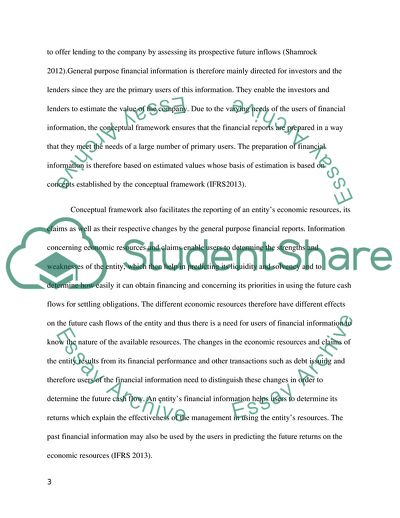Cite this document
(Understanding company accounts and reports Essay, n.d.)
Understanding company accounts and reports Essay. https://studentshare.org/finance-accounting/1866907-understanding-company-accounts-and-reports
Understanding company accounts and reports Essay. https://studentshare.org/finance-accounting/1866907-understanding-company-accounts-and-reports
(Understanding Company Accounts and Reports Essay)
Understanding Company Accounts and Reports Essay. https://studentshare.org/finance-accounting/1866907-understanding-company-accounts-and-reports.
Understanding Company Accounts and Reports Essay. https://studentshare.org/finance-accounting/1866907-understanding-company-accounts-and-reports.
“Understanding Company Accounts and Reports Essay”. https://studentshare.org/finance-accounting/1866907-understanding-company-accounts-and-reports.


